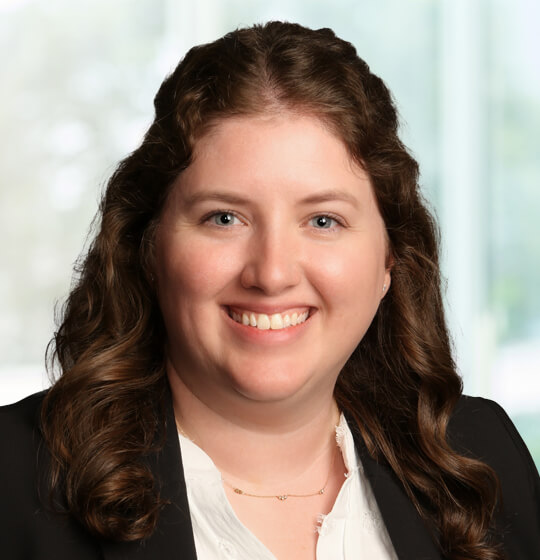Employers throughout the healthcare industry often experience difficulty hiring physicians due to a shortage of healthcare professionals in the United States. Physicians who hold J-1 visa status often require approval of a J-1 visa waiver before being eligible to change to H-1B status to begin working for an employer. Several J-1 visa waiver application windows are set to open in fall 2023 for physicians who plan to start working for an employer following completion of their residency or fellowship programs in spring/summer 2024.
Quick Hits
- Two of the most commonly used waiver programs for physicians who hold J-1 nonimmigrant visa status are the Conrad 30 waiver program and HHS’s waiver program.
- Under Conrad 30, each state runs its own program, with its own application deadlines, requirements, and processes.
- Only primary care physicians are eligible to apply for an HHS waiver.
The J-1 visa is a nonimmigrant visa type that many international medical graduate physicians use to participate in an accredited fellowship or residency program in the United States after obtaining their medical degrees abroad. As one of the main purposes of the J-1 visa is to promote cultural exchange, many J-1 visa holders have a requirement to return to their home countries for at least two years before they can obtain a different visa status or permanent residency in the United States.
J-1 physicians have a few different options to waive the two-year foreign residency requirement. Each application option has some similar requirements, including:
- the J-1 physician must have an offer of employment from a healthcare facility in the United States;
- the healthcare facility must be in an area designated by the U.S. Department of Health and Human Services (HHS) as a Health Professional Shortage Area (HPSA), a Medically Underserved Area (MUA), or a Medically Underserved Population (MUP); and
- the J-1 physician and the healthcare facility must commit to keep the physician employed in the designated shortage area for a period of three years while the physician holds H-1B status.
Two of the most commonly used J-1 waiver application programs are the Conrad-30 waiver program and HHS’s waiver program.
Conrad 30 Waiver Program
Under the Conrad 30 waiver program, each state runs its own program through the state’s department of health and has its own application deadlines, requirements, and processes. Many application windows begin between August and October.
Each state is allowed to grant up to thirty waiver approvals for physicians each year.
Each state has different prioritization and eligibility criteria regarding primary care physicians and specialist physicians.
The physician and healthcare facility must commit to employing the physician in a federally designated HPSA or MUA/MUP within the state that approves the J-1 waiver. Some states offer “FLEX” spots for physicians whose location of employment is not within an HPSA or MUA/MUP, but who will provide medical care to patients who reside in shortage areas.
HHS Waiver Program
Only primary care physicians are eligible to apply for an HHS waiver. Primary care areas include internal medicine, family medicine, psychiatry, pediatrics, and obstetrics and gynecology.
The physician must have completed his or her primary care residency no more than twelve months before starting employment in H-1B status with the sponsoring facility.
The worksite facility must have a health professional shortage area score of seven or above.
There is no cap for waiver approvals and applications are open year-round.
Other J-1 waiver options for physicians are available through the Appalachian Regional Commission (ARC), the Delta Regional Authority (DRA), and the Southeast Crescent Regional Commission (SCRC).
Next Steps
If an employer wishes to hire a physician candidate who holds J-1 visa status and is subject to the two-year home residency requirement, now may be a good time to consider beginning the J-1 waiver process for the candidate. Beginning the process soon may help to ensure that the candidate is able to obtain a J-1 waiver approval and H-1B status prior to beginning employment in 2024.
Ogletree Deakins’ Immigration Practice Group will continue to monitor developments and provide updates on the Immigration blog as additional information becomes available.






